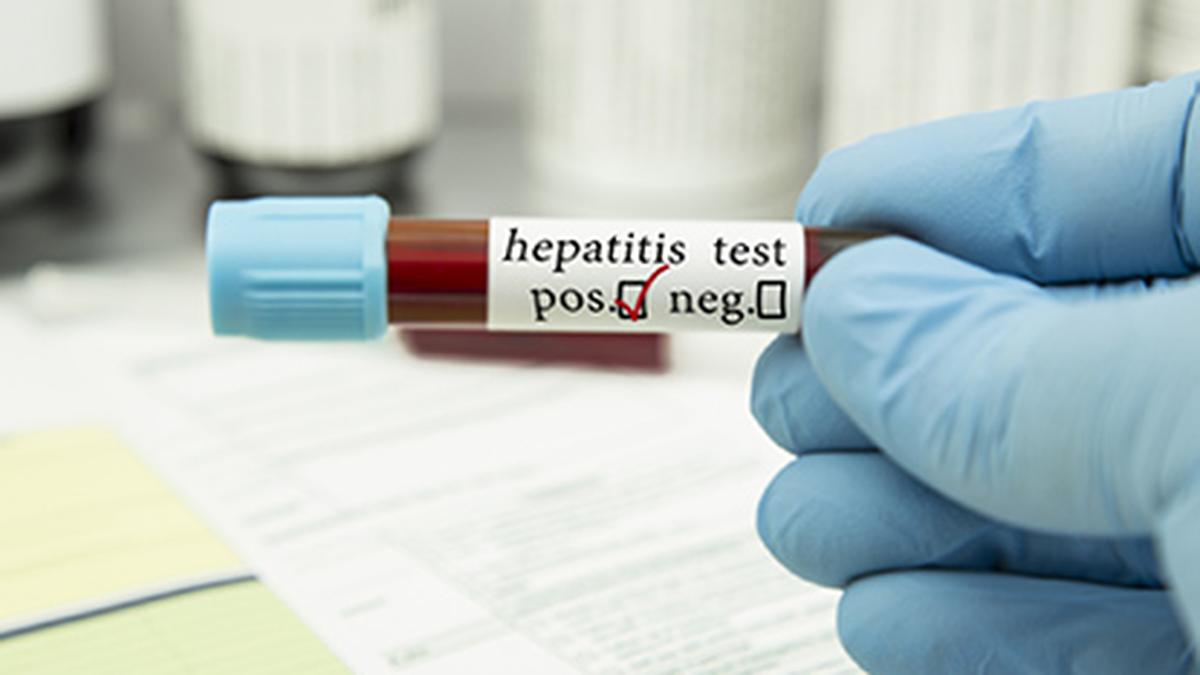
Kerala Health department urges vigilance after viral hepatitis death in Malappuram district
The Hindu
Kerala Health department urges vigilance after viral hepatitis death in Malappuram district
A 41-year-old man died in Kerala's Malappuram district on May 10 due to viral hepatitis, marking the sixth such confirmed case in the district in the last three months. The incident has prompted the Kerala Health department to urge people to be vigilant against the disease.
District Medical Officer R. Renuka said the man, hailing from Chaliyar panchayat, passed away from viral hepatitis on May 10 morning while under treatment at a private hospital in Kozhikode.
"Malappuram district has reported 3,184 suspected cases of viral hepatitis and 1,032 confirmed cases since January this year (2024). There were five suspected deaths and five confirmed deaths. One death was reported in March and four in April," the officer noted in a statement issued by the District Public Relations department.
The statement highlighted that the highest number of cases was reported in Pothukal, Kuzhimanna, Omanur, Pookotoor, Morayur, Peruvallur panchayats, and Malappuram municipality.
Regarding the man's death at Chaliyar, the Health department revealed that a nine-year-old girl in his household was diagnosed with viral hepatitis on March 19.
Following this diagnosis, medical officers and health workers promptly visited the house and implemented preventive measures.
Subsequently, on April 22, the man himself was diagnosed with viral hepatitis at the Chaliyar Family Health Centre and admitted to Nilambur District Hospital on April 26.

“Writing, in general, is a very solitary process,” says Yauvanika Chopra, Associate Director at The New India Foundation (NIF), which, earlier this year, announced the 12th edition of its NIF Book Fellowships for research and scholarship about Indian history after Independence. While authors, in general, are built for it, it can still get very lonely, says Chopra, pointing out that the fellowship’s community support is as valuable as the monetary benefits it offers. “There is a solid community of NIF fellows, trustees, language experts, jury members, all of whom are incredibly competent,” she says. “They really help make authors feel supported from manuscript to publication, so you never feel like you’re struggling through isolation.”

Several principals of government and private schools in Delhi on Tuesday said the Directorate of Education (DoE) circular from a day earlier, directing schools to conduct classes in ‘hybrid’ mode, had caused confusion regarding day-to-day operations as they did not know how many students would return to school from Wednesday and how would teachers instruct in two modes — online and in person — at once. The DoE circular on Monday had also stated that the option to “exercise online mode of education, wherever available, shall vest with the students and their guardians”. Several schoolteachers also expressed confusion regarding the DoE order. A government schoolteacher said he was unsure of how to cope with the resumption of physical classes, given that the order directing government offices to ensure that 50% of the employees work from home is still in place. On Monday, the Commission for Air Quality Management in the National Capital Region and Adjoining Areas (CAQM) had, on the orders of the Supreme Court, directed schools in Delhi-NCR to shift classes to the hybrid mode, following which the DoE had issued the circular. The court had urged the Centre’s pollution watchdog to consider restarting physical classes due to many students missing out on the mid-day meals and lacking the necessary means to attend classes online. The CAQM had, on November 20, asked schools in Delhi-NCR to shift to the online mode of teaching.









